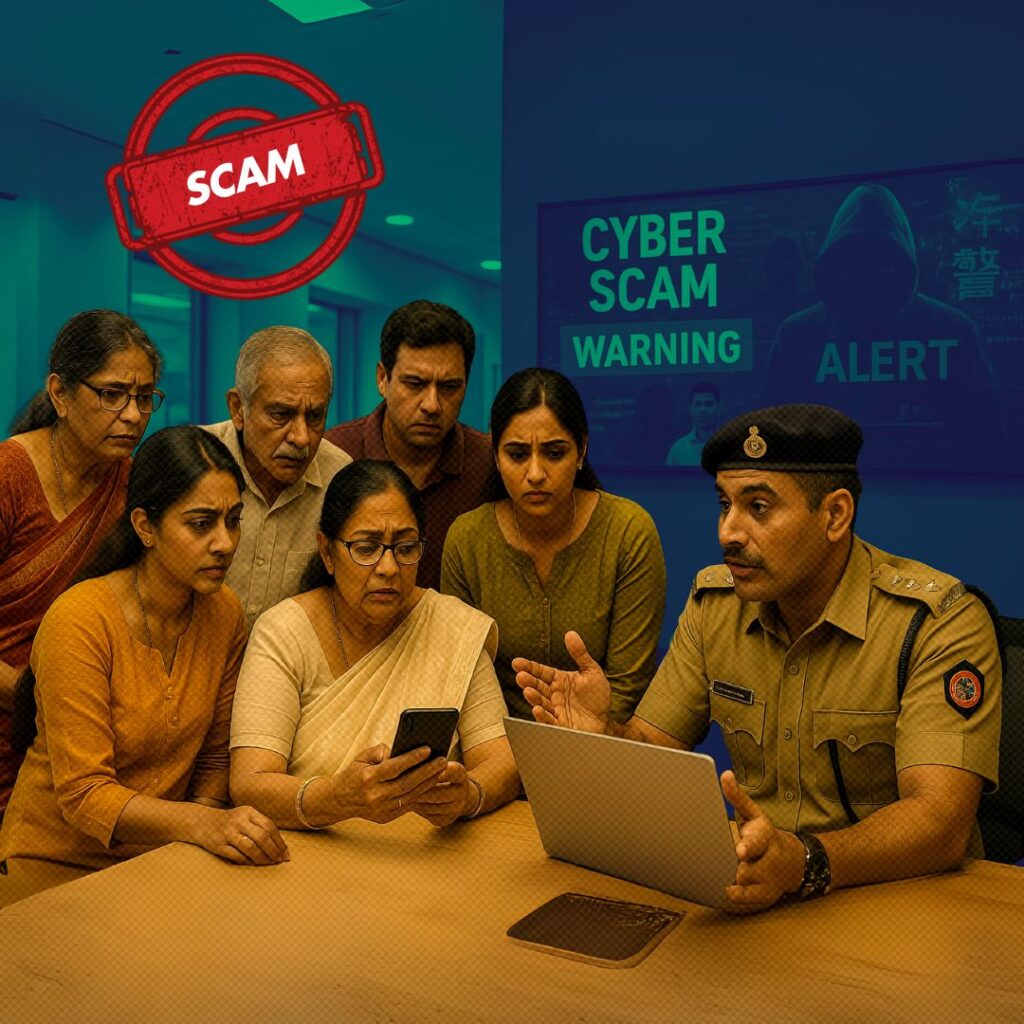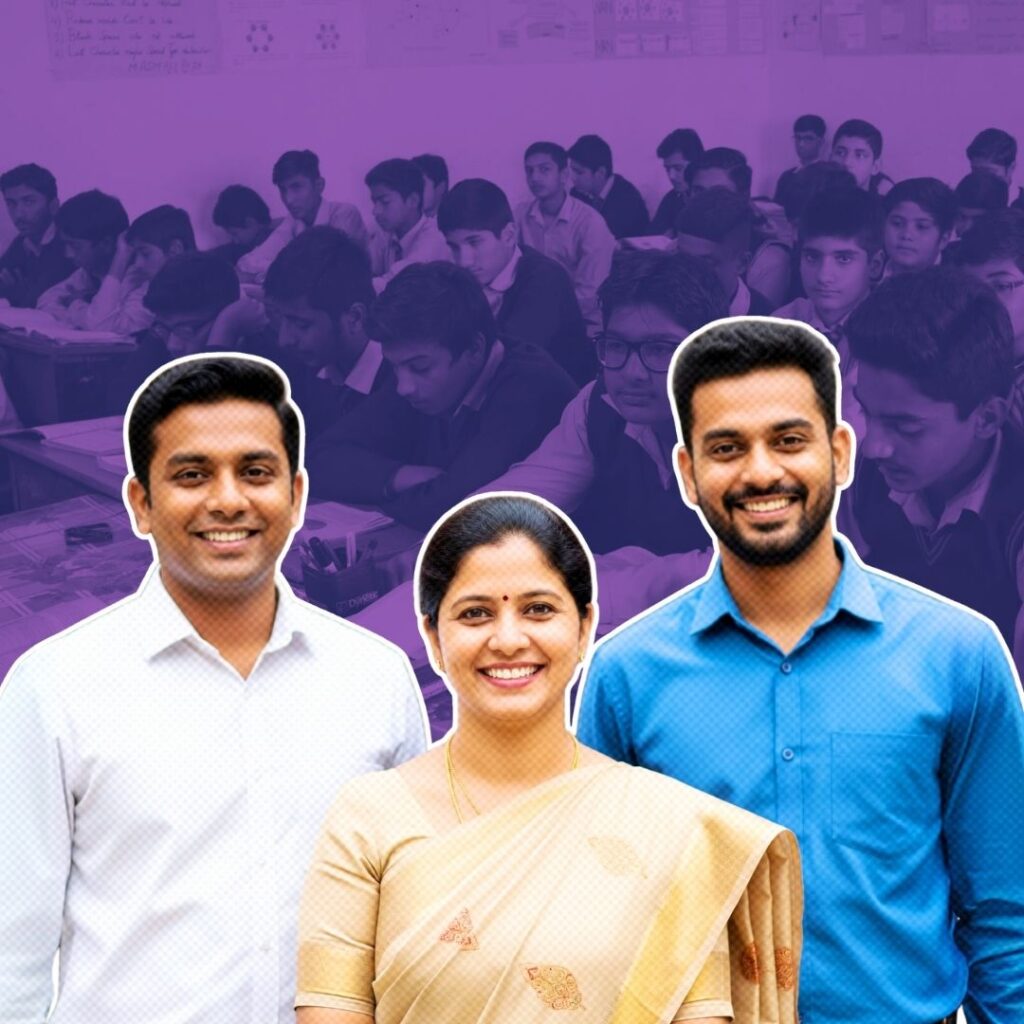Ishika, who was sold by her parents at the tender age of six to a brothel in Kolkata, is now set to pursue her career in law. She aims to fight for justice for the victims of this heinous crime. Ishika was one of the nearly 20 sex trafficking survivors who will study law under the program launched by an anti-trafficking charity.
According to campaigners, there are around 20 million commercial sex workers in India, out of which 16 million women and girls are victims of sex trafficking. However, less than 2 in 5 cases of trafficking cases result in a conviction. In the 2016 Trafficking in Persons report, the US State Department stated that investigations, prosecutions, and convictions for human trafficking were low in India despite government’s elevated law enforcement efforts.
Many of the girls trafficked into prostitution are locked up in tiny, dirty brothel cage. Image Courtesy: Free a Girl Movement
Ishika’s rescue from sex trafficking
In an exclusive interview with The Logical Indian, Francis Gracias, CEO of the Free A Girl Movement said, “Ishika was rescued when she was 11 years old. Those years the police used to conduct regular raids in the RLDs (Red Light Districts) of West Bengal, especially in Sonagachi, one of the biggest RLDs. Ishika was also rescued in one such police raid, from this RLD. However, she claims that she was lucky to get out, while the other young girls were hidden quickly so could not be rescued.”
Ishika, who has asked to be identified by her first name only, is now 24 years old. Gracias said, “She was brought to ‘Sanlaap’, an NGO in Kolkata, after the police rescue. Since Sanlaap has been working with survivors of sex trafficking, for over 28 years by providing counselling, rehabilitation and legal aid, Ishika also received very strong support services to recover from her trauma.”
Support through the ‘Free a Girl’ movement
Gracias further explained the efforts the organisation is taking to support the victims of sex trafficking. He said, “Free a Girl as a Dutch organisation, has been working with its coalition NGOs in India, Nepal, Bangladesh, Brazil and other countries, against Sex Trafficking-related Child Prostitution, for over 9 years. We have been supporting these organisations in the services of Rescue operations, Legal aid, Counselling, Rehabilitation, Repatriation and other related services.”
Sex trafficking victims of the Free A Girl Movement charity enjoy a day in the sun at Girgaum Chowpatty in Mumbai, India on April 4, 2017. Image Courtesy: Thomson Reuters Foundation
“The ‘Free a Girl Movement’ was initiated as a special Project for India to combat child prostitution and the ‘School For Justice’ would help ex-victims of this heinous crime to work with the Criminal justice system, with the power of the law, to get the perpetrators of the victims, punished/convicted and in-turn give justice to thousands of such victims. This programme will also be taking complete ownership of the girls’ education, their accommodation, healthcare and security till they complete their law course and also provide Counseling and other essential care & services”.
Gracias also said, “Ishika has joined the ‘School For Justice’ program in November 2016. The admissions process in the Law colleges begin in June every year and before that, the candidates have to clear the respective college’s/University’s entrance exam, to seek admissions. Ishika is preparing for the entrance exams to be in June. Upon clearing the exam, we would help her seek admission in a law college, as per the University’s criteria.”
More information about Free a Girl Movement is available on the website: Free A Girl.
Ishika’s inspiration to study law
Ishika was rescued 13 years ago and has spent more than a decade trying to get justice against her traffickers. She has not given up hope of seeing her abusers behind the bars, despite the drawn-out case. During the interview with The Logical Indian, Gracias revealed, “She [Ishika] filed the case in 2003. Her case is still going on. She has not got justice yet, even after 14 years. Four people were involved in this crime and against whom she filed a case. Her parents are not included in this case.”
As reported by Reuters, Ishika expressed, “I often feel I am the accused and not the victim. I do not want other trafficking victims to go through this”. Ishika further added, “The brothel madam and my trafficker have remained free all these years that I have spent at a shelter home. I want traffickers to fear the law, and me.”
Campaigners claim that prosecutors who represent the rescued victims are usually not able to connect with their plight or help them to sufficiently express themselves in court, which leads to weakening of the case and hence often results in acquittals. Tapoti Bhowmick of charity Sanlaap said, “Rescued girls do not understand the legalities of the case such as what sections of the law were applied and why”. Bhowmick further stated, “The…











